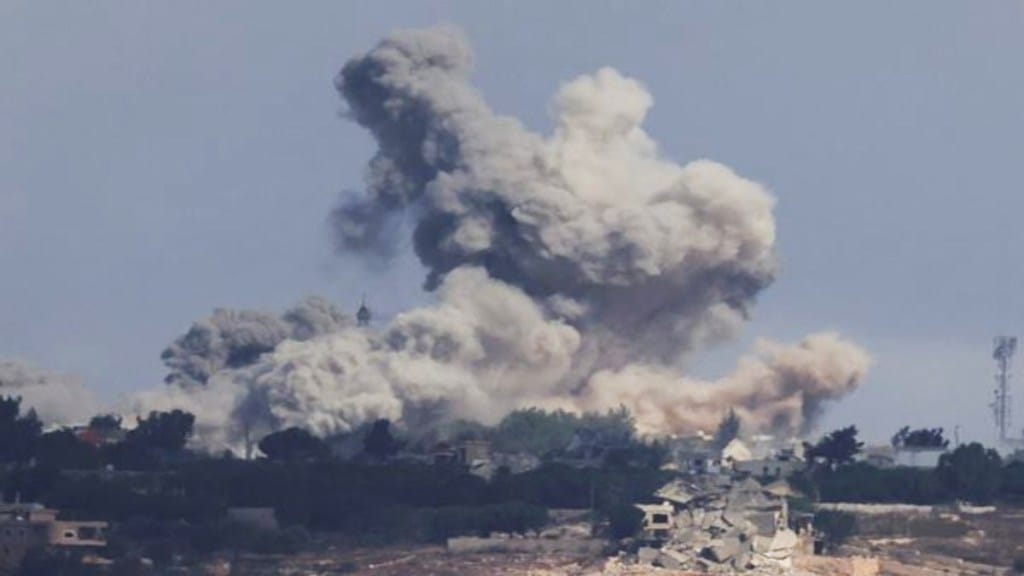Iran has declared that its missile attack on Israel, which marked its biggest military assault on the country, is over unless there is further provocation. However, Israel and the United States have promised to respond, raising concerns about the escalation of a wider war.
Israel is reportedly preparing for a “significant retaliation” in the coming days, which may target Iran’s oil production facilities and other strategic sites. The United States has pledged to support Israel and ensure that Iran faces “severe consequences” for its attack.
Despite calls for a ceasefire from international bodies such as the United Nations and the European Union, the conflict between Israel and the Lebanon-based Hezbollah has continued. Israel has renewed its airstrikes on Beirut’s southern suburbs, a stronghold of the Iran-backed group, prompting ongoing tensions in the region.
Iran claimed that its assault on Israel was aimed solely at military facilities in response to Israeli actions against militant leaders and aggression in Lebanon against Hezbollah and in Gaza. Tehran emphasized that its action was concluded unless Israel further provoked them, in which case Iran would respond with a more powerful retaliation.
In response, Israeli Prime Minister Benjamin Netanyahu has vowed to strike back, stating that “Iran made a big mistake tonight – and it will pay for it.” Meanwhile, the United States has expressed its readiness to defend its interests in the Middle East and support Israel in the face of the escalating conflict.
Fears of a larger regional war have heightened amid Israel’s intensified assault on Lebanon in the past weeks and ongoing conflicts in the Gaza Strip. US President Joe Biden has expressed full support for Israel and described Iran’s attack as “ineffective,” while Vice President Kamala Harris affirmed the United States’ commitment to defending its interests against Iran.
In response to the escalating situation, French President Emmanuel Macron strongly condemned Iran’s attacks on Israel and mobilized French military resources in the Middle East. Additionally, the United Nations Security Council has scheduled a meeting to address the Middle East conflict, and the European Union has urged an immediate ceasefire.
South Korean President Yoon Suk Yeol has also expressed concern over the impact of the Middle East conflict on the country’s energy supply and called for a swift but measured response.
The ongoing conflict has taken a heavy toll on Lebanon, with nearly 1,900 people killed and more than 9,000 wounded in almost a year of cross-border fighting, with a significant portion of the casualties occurring in the past two weeks.
The situation remains highly volatile, with the potential for further escalation and widespread repercussions across the Middle East. The international community continues to monitor the developments closely and seeks to mitigate the growing tensions in the region.

